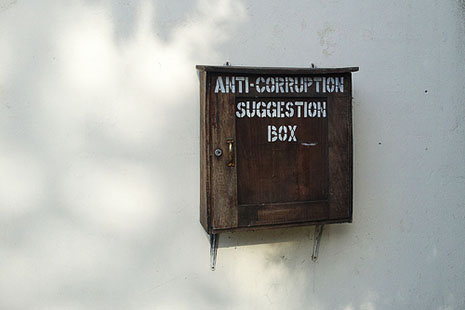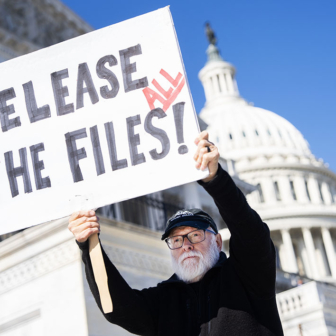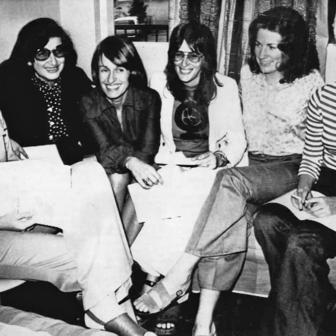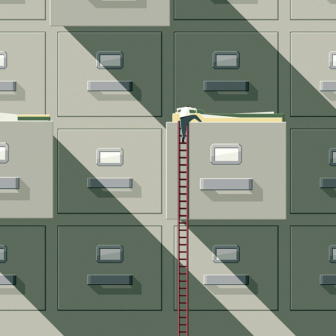THE blaze of optimism that created a set of goals to eradicate global poverty and hardship at the dawn of the new millennium has been tempered by harsh realities. The United Nations is now grappling with what it acknowledges as the most intractable problem of all, and the most formidable obstacle to achieving real progress towards the Millennium Development Goals – corruption.
With the 2015 deadline for the MDGs fast approaching, the world community has begun to realise the extent to which progress is being systematically undermined by corruption. So much so that it is now highly unlikely that 2015 will see substantial progress towards the eight noble goals agreed to by all 193 UN member nations and twenty-three international organisations: to eradicate extreme poverty and hunger, achieve universal primary education, promote gender equality and empower women, reduce child mortality rates, improve maternal health, combat HIV/AIDS, malaria and other diseases, ensure environmental sustainability, and to develop a global partnership for development.
Within the framework of these goals, donor countries and recipient governments targeted health and education as key areas for a significant investment of resources. Yet these are the two areas, perhaps unsurprisingly, in which global corruption has most notably grown and flourished.
At last month’s UN anti-corruption summit in Marrakesh, Morocco, there was widely voiced concern that corruption was not only undermining progress towards the goals but also threatening to make many of them all but unrealisable. If globalisation has brought some benefits, albeit at the expense of national sovereignty, it has also developed a dark side, with corruption increasingly sophisticated and globalised.
In a series of reports presented to the summit, the sheer magnitude of global corruption was made starkly clear. Along with its inevitable companion, poor governance, corruption offered a compelling explanation of why increased funding aimed at meeting the development goals has not necessarily translated into tangible achievements.
For example, the African Union calculates that corruption costs African economies more than US$148 billion each year, representing a staggering 25 per cent of the continent’s GDP. The immediate effect of this is to increase the cost of goods by as much as 20 per cent, deterring investment and inhibiting development. If just 10 per cent of the money lost through corruption were recovered by anti-corruption interventions, according to the African Union, some US$14.8 billion could then be available for poverty reduction and development initiatives in the continent.
In a finding whose significance will not be lost on the major donor governments, the latest Global Financial Integrity report records illicit outflows from the global south at US$1.3 trillion in 2008 (the latest year for which figures are available), much of it due to commercial tax evasion. That means for every dollar recipient nations get in official development assistance, $10 flows illicitly abroad – and most of it to the benefit of developed countries, where it is invested in property and other assets.
“The reality is that the rich nations benefit hugely from this underground pipeline of funds which is effectively illegal redistribution upwards – stolen aid money pouring in to them as investment,” an exasperated official from the UN Economic Commission for Africa complained to me. “It is nothing short of a major and globalised industry, protected and abetted by weak laws and so-called banking privacy in the global north.”
The UN Development Programme’s Bureau for Development Policy cites estimates that funds held offshore by individuals amount to some US$11.5 trillion, which translates into an annual loss of tax revenue on income from these assets of about US$250 billion. These resources alone are more than enough to fund the Millennium Development Goals, according to UN estimates.
Other reports detailed how malpractice among frontline providers – including absenteeism, the phenomenon of “ghost” workers and the substitution of low-quality fertilisers – was affecting agricultural production and thereby hindering poverty reduction, hunger alleviation and the raising of health standards. But among the biggest areas of concern were the big budget areas, health and education, where corruption, both petty and grand, is imposing disproportionate costs on the poor and needy. In Ghana, for example, half of all the funds earmarked for health do not reach clinics and hospitals.
Given that governments everywhere have struggled to combat domestic corruption, with very mixed results, the complexities and challenges in addressing the international dimension are enormous and, as the United Nations acknowledges, quite beyond the capacity of governments alone, even assuming that there is the political will to act.
The key theme of the UN Summit in Marrakesh was to seek ways of engaging citizens in the fight against corruption, but just how feasible is this? Governments almost everywhere like to engage in the fantasy that they promote greater public participation, but the reality is that high levels of civil engagement – which usually translate into demands – are troublesome to governing elites.
Indeed, what became effectively the blueprint for neoliberalism, the Trilateral Commission’s 1975 report, The Crisis of Democracy: Report on the Governability of Democracies, argued that civic engagement equated with demands that made states ungovernable. One of the authors, the eminent political scientist Samuel Huntington summed it up thus: “The effective operation of a democratic political system usually requires some measure of apathy and non-involvement on the part of some individuals and groups.”
The political reality is that public participation of any sort is a form of power sharing, and power sharing always requires the dominant power holder to cede a degree of power – and this governments are reluctant to do. Even in Australia, which ranks among the world’s least corrupt countries, successive governments have been reluctant to extend the reach of freedom of information laws, enact any meaningful shield laws to enable journalists to protect their sources without facing prosecution, or offer real protection for much-needed whistleblowers – all essential tools if anti-corruption is to be taken seriously.
There was much talk at the UN summit about the role of civil society and especially non-government organisations in the efforts against corruption, but at the end of the day the United Nations is an organisation of governments and it is governments that will have the final say. If governments themselves are corrupt – and many are – where is the political space for citizen anti-corruption involvement? If governments are the beneficiaries of corruption – and many are – where is the political will to open the door and invite in the citizenry to take up arms?
Sadly, this obstructionism was on view at the Marrakesh summit, with governments joining forces to exclude civil society from the vital enforcement process of the only truly global anti-corruption convention, the UN Convention Against Corruption, or UNCAC. After protracted, and at times heated, negotiations, governments refused demands for civil society representatives to be accorded full observer status in the implementation review group that assesses whether governments are living up to their obligations under the convention. Instead, they will be given access only to official briefings on the work of the group.
The chair of the UNCAC Coalition of Civil Society Organisations, Slagjana Taseva, said the decision undermined the effectiveness of real citizen engagement, saying that “governments have shown themselves to be out of step with their own people and on the wrong side of history.” •




